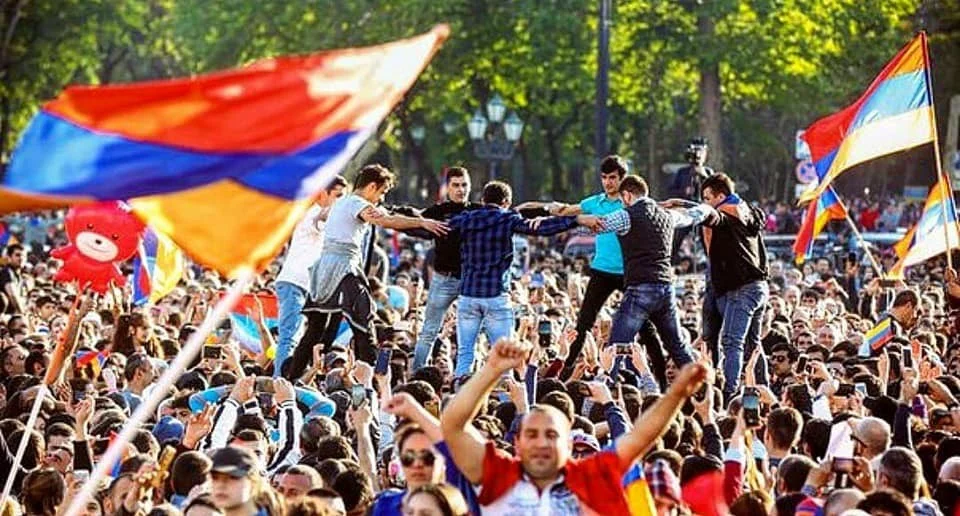The Caspian Basin provides oil and natural gas to the world market. Since the collapse of the Soviet Union there has a been a dispute over who owns the resources within the Caspian Sea. The Caspian Sea’s legal status as a sea or lake plays a large role in determining how the resources are managed.
Read MoreIn 2017, the European Union adopted new regulations to improve transparency to information relating to medical devices. But do these laws go far enough to protect patient safety and improve public health?
Read MoreFrance’s alarming traffic related death toll prompted the government to implement new driving rules. This blog post digs into France’s preventative and reactionary measures to predict whether they will be effective.
Read MoreBy Chad L. Antuma
China is a leader in this global economy and the United States claims China is a copycat economy. What is China doing to differentiate its products from other leading economies?
Read MoreDenmark requires parents to pick their child’s name from a preapproved list or seek approval from both the church and the government. The law finds itself increasingly outdated in today’s world.
Read MoreArmenian citizens protested for several days demanding a change to Armenia’s corrupt political and social culture. The people’s revolt resulted in the Prime Minister stepping down and the people’s choice candidate stepping in. The crowds of protesters celebrated their victory and success. But what does this mean for the country’s legal system as it moves toward a more free and democratic nation?
Read MoreBy Marlene Zieah
As Lebanon votes for parliamentary members for the first time in nearly ten years, will it be able to maintain its sectarian-based governmental system? Proponents and opponents of the new electoral law have differing views on the effects it will have on equal representation in government and stabilizing the region.
Read MoreBy Sydney Wright
Uruguay is the first country to legalize recreational cannabis. However, this revolutionary legislation puts the country in breach with 1961 Single Convention on Narcotic Drugs. An upcoming review of certain cannabis-related drugs by the World Health Organization could potentially modernize the international law as recreational cannabis becomes more accepted in the Americas.
Read MoreBy Shivani Verma
It is no secret that the Federal Bureau of Investigation (FBI) has been looking for proof of Russian interference in the 2016 presidential election of the United States. Anastasia Vashukevich reached out to the American government via Instagram and offered to help.
Read MoreBy Ally Stafford
A court in Belgium ruled that Facebook violated privacy laws by deploying technology such as cookies and social plug-ins to track internet users across the web. The court threatened Facebook with a fine of 250,000 Euros (USD 310,000) a day and could reach up to 100 million Euros (USD 125 million) if it continued to breach privacy laws.
Read MoreBy Michael T. Moran
The Hague Convention on the Civil Aspects of International Child Abduction was ratified and implemented by numerous Contracting States without providing an exception for victims fleeing their households as a result of domestic violence. Moreover, the Convention’s exceptions have been narrowly construed and typically prevent the child’s return to the original country of residence only if domestic violence was perpetrated against the child. However, in light of the rising number of mothers absconding from the marital home with their children to foreign jurisdictions to avoid further domestic violence against herself or her children, the Convention should be interpreted to afford respondents more opportunity to proffer evidence of domestic abuse in front of the Convention court.
Read MoreBy Max Mittleman
Cryptocurrencies have become a $700+ billion dollar market. This highly unregulated form of currency has baffled most governments who are accustomed to controlling the money supplies in their countries. South Korea is one of the biggest markets for cryptocurrencies, but its government is not too keen on the idea. South Korean decisions on banning cryptocurrency affect the global market of the digital assets.
Read MoreBy Mollie McSweeney
Ecuador has always remained silent on the issue of child abuse. However, survivors of abuse and the United Nations have gotten involved and pressed Ecuadorian officials to acknowledge this issue and make the necessary changes to the law.
Read MoreBy Lauren Kissel
Poland recently passed a new bill that bans accusations that Poles were complicit in the Holocaust. However, Poland has several obligations under international law and the Polish Constitution to protect freedom of expression. Therefore, it is arguable that the holocaust bill is a violation of freedom of expression.
Read More















